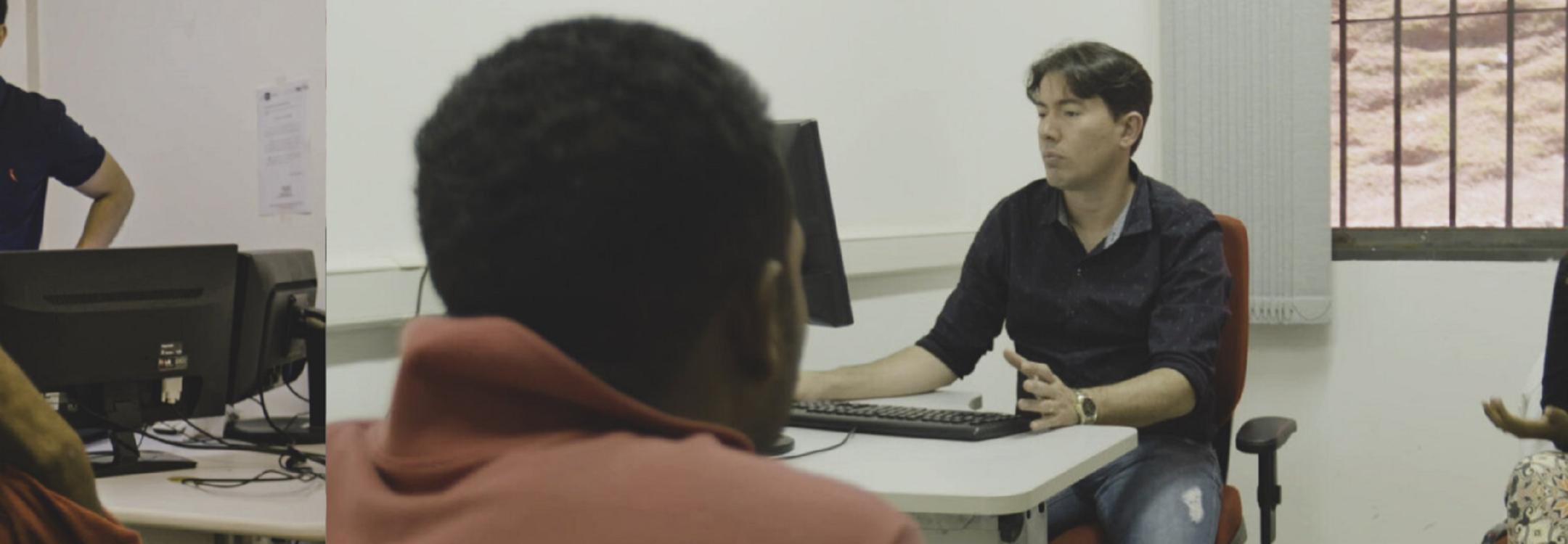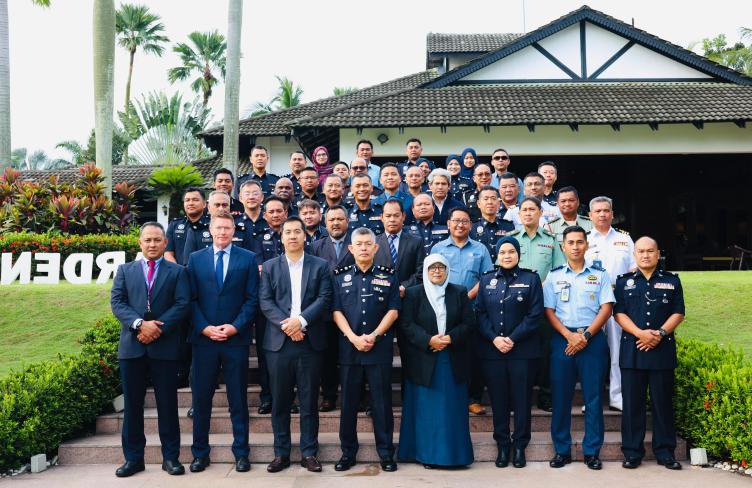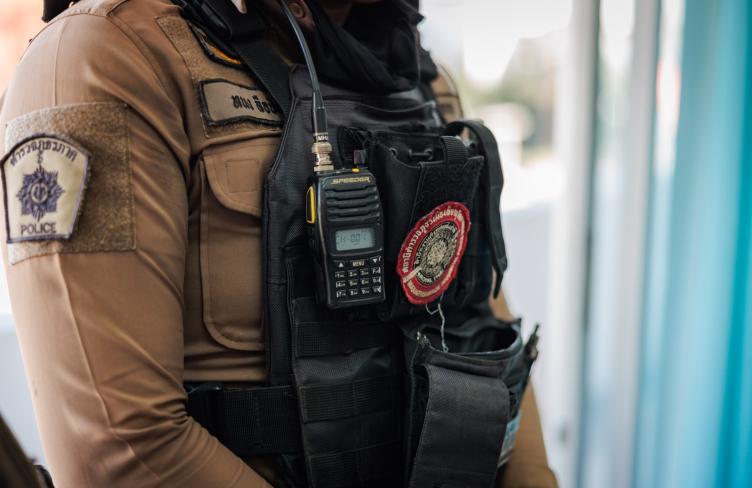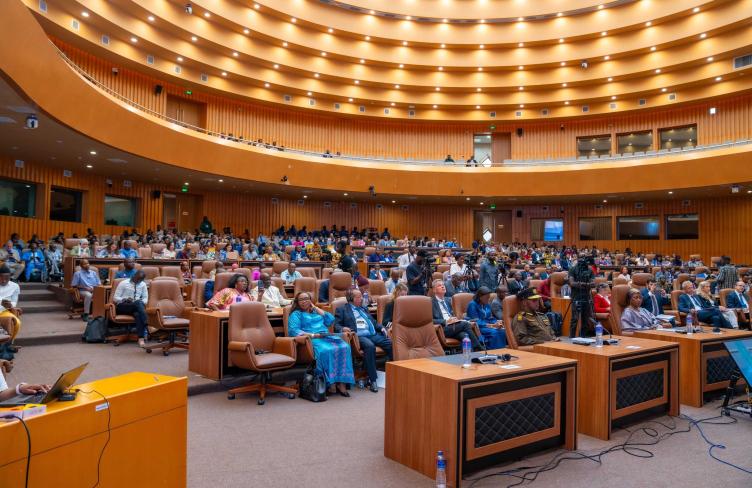
Andrey was arrested by the police on the suspicion of having robbed a jewelry store. He was punched and kicked until he signed a confession. He retracted it later when questioned in the presence of his lawyer. He was sentenced to six years of imprisonment. But he was innocent.[1]
Similar stories are common all over the world. In many criminal justice systems, a confession is still seen as the ‘golden’– if not the sole – evidence for a conviction. Too many police officers consider it their job to get a confession from a suspect, even if it means using coercive methods.
On the occasion of the International Day in Support of Victims of Torture, we pay tribute to all victims of forced confessions and coercive interrogations. We pay tribute to all who were asphyxiated with plastic bags, beaten and kicked, deprived of sleep, interrogated for hours without a break, threatened, manipulated or intimidated to get a confession.
Coercion is a violation of international human rights law, in particular the absolute prohibition on torture. It is also ineffective in gathering reliable information. It results in innocent people, like Andrey, signing a confession that puts them behind bars. Justice is not served. The real perpetrators go unpunished.
The newly released Principles on Effective Interviewing for Investigations and Information Gathering provide an alternative to coercive interrogation and forced confessions – one that that is proven to be more effective for investigators, while also respecting the rights and dignity of the interviewee.
The objective of the interview is not to extract a confession but to gather reliable information. The Principles offer practical guidance for investigators, including on active listening and building rapport with the interviewee. They also uphold the presumption of innocence as the interviewer is not driven by the goal of confirming preexisting opinions or assumptions.
The Principles promote greater transparency in the interview process by requiring legal and procedural safeguards to be met. The presence of the lawyer during questioning is an important safeguard, as is having an audio-visual recording of the interview. These safeguards also benefit the police by protecting them against false allegations of torture and ill-treatment that may be raised in court.
Across the globe, people have been calling for change within police institutions: to end injustice and discrimination. These Principles represent a practical tool for police to rebuild trust with the community. However, it requires a shift in attitudes and practice. Not just within the police but across the criminal justice system, where there has been an overreliance on confessions. It also requires judges to categorically reject any confession obtained under torture and to base their decisions on other evidence.
This culture shift is for the benefit of justice and the benefit of societies. It is to avoid the tragedy of wrongful convictions, as in the case of Andrey, and other miscarriages of justice. It is a step towards societies where citizens have trust in the police and trust in their courts. Societies where criminals are convicted and the innocent are protected. Societies where there are no more victims of torture and ill-treatment.
[1] Trubylev vs Russia, judgment of the European Court on Human Rights, 6 October 2015


